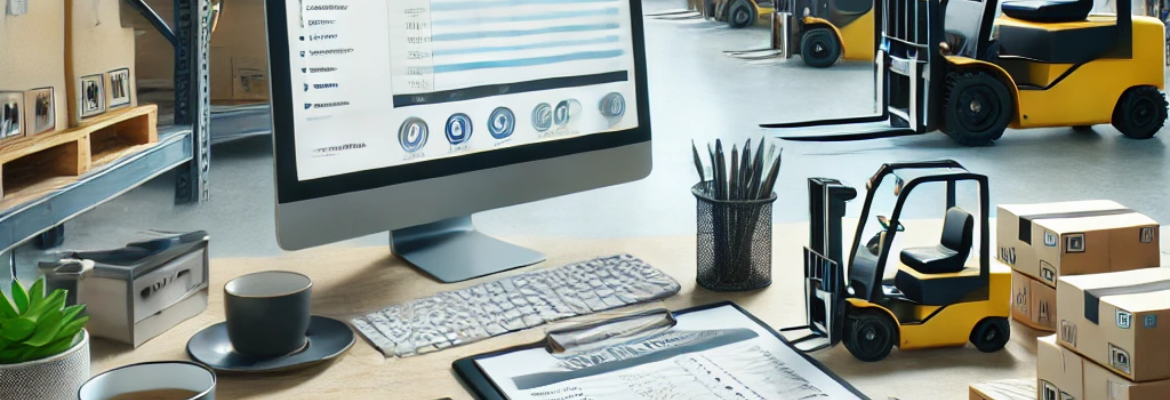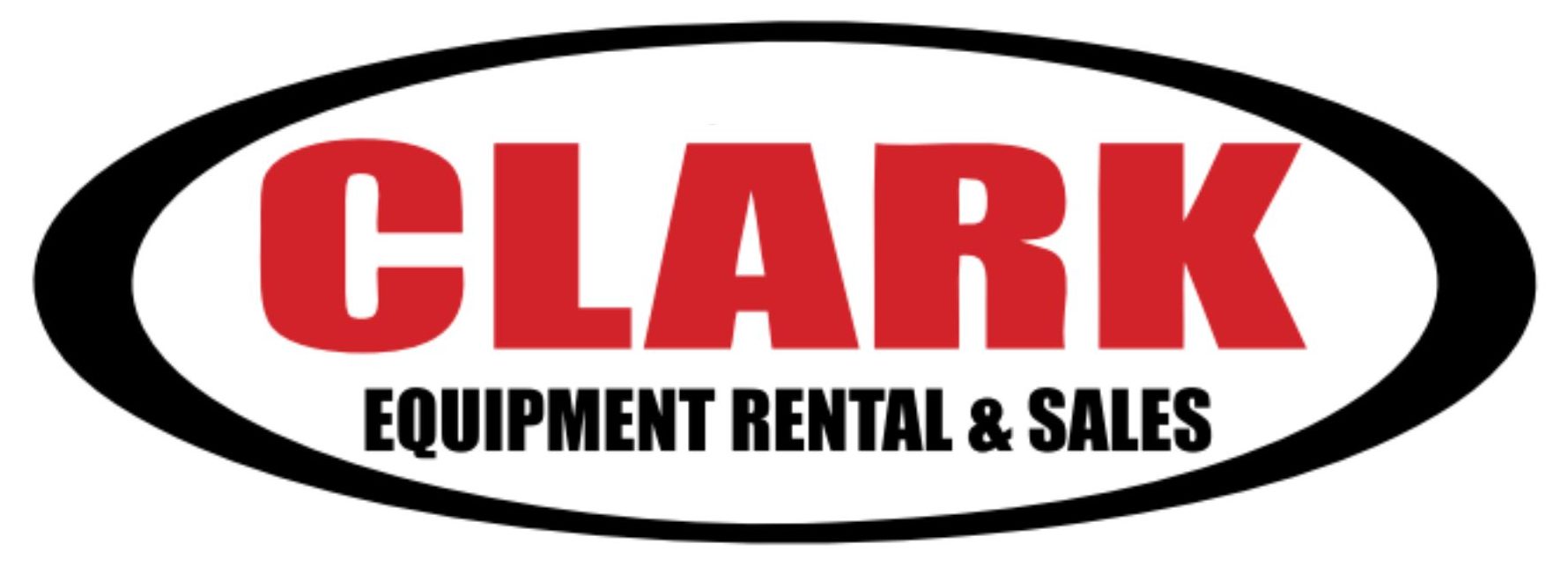
Starting an equipment rental business can be a lucrative venture, but success depends on more than just having quality equipment. To stand out in this competitive industry, it’s essential to implement key strategies that prioritize customer satisfaction, operational efficiency, and growth. Here are five tips for running a successful equipment rental business.
1. Maintain High-Quality and Well-Maintained Equipment
One of the most critical factors for success in the equipment rental business is the quality and reliability of your equipment. Regular maintenance and timely repairs are essential to ensure that your rental fleet is always in top condition. A piece of equipment that consistently works as expected will keep customers coming back and help you avoid costly downtime or negative reviews.
2. Offer a Diverse Range of Equipment
To attract a broad customer base, offer a wide variety of equipment that meets the needs of different industries or project types. Whether you specialize in construction, landscaping, events, or DIY projects, having a diverse selection will help you cater to more customers. Conduct regular market research to identify trends and customer needs, allowing you to update your inventory accordingly.
3. Invest in a User-Friendly Online Presence
In today’s digital age, having a strong online presence is vital. Invest in a user-friendly website where customers can easily browse your inventory, check availability, and make reservations. Offering an online booking system simplifies the rental process for your customers, leading to higher satisfaction and increased bookings. Additionally, consider incorporating an app or a mobile-friendly website to cater to customers on the go.
4. Provide Excellent Customer Service
Outstanding customer service is the cornerstone of any successful business. For an equipment rental company, this means being responsive to inquiries, offering clear rental agreements, and providing guidance on equipment use. Be proactive in communicating with your customers, whether it’s confirming bookings, answering questions, or following up after the rental period. Happy customers are more likely to become repeat clients and refer your business to others.
5. Implement Efficient Inventory Management
Managing your inventory effectively is crucial to running a smooth operation. Use rental management software to track equipment availability, schedule maintenance, and handle billing. This will help you minimize downtime and maximize profitability. Proper inventory management also ensures you don’t overbook or underutilize your assets, allowing for better resource allocation.
Conclusion
Running a successful equipment rental business requires a combination of high-quality equipment, excellent customer service, and efficient operations. By focusing on maintaining your equipment, offering a diverse selection, and providing a seamless customer experience, you can build a strong reputation and set your business up for long-term success.
